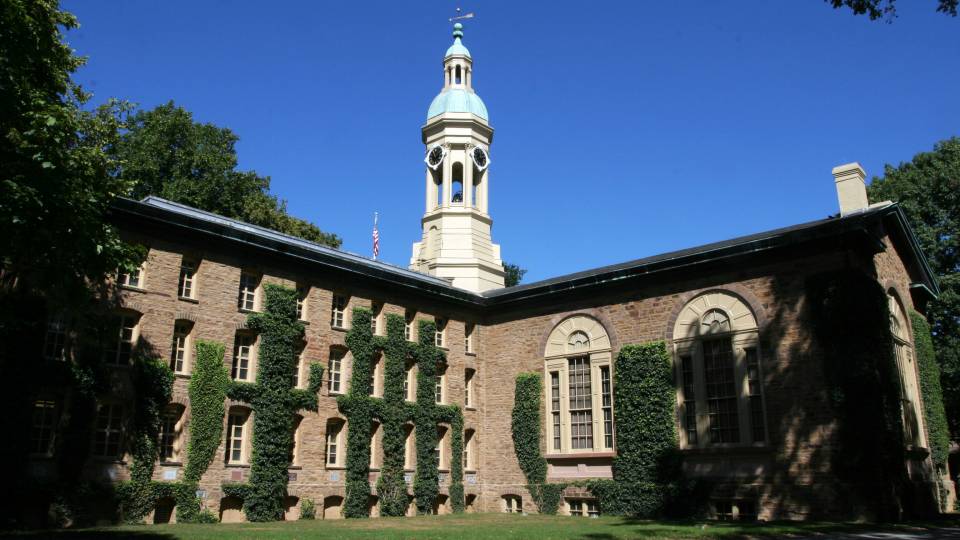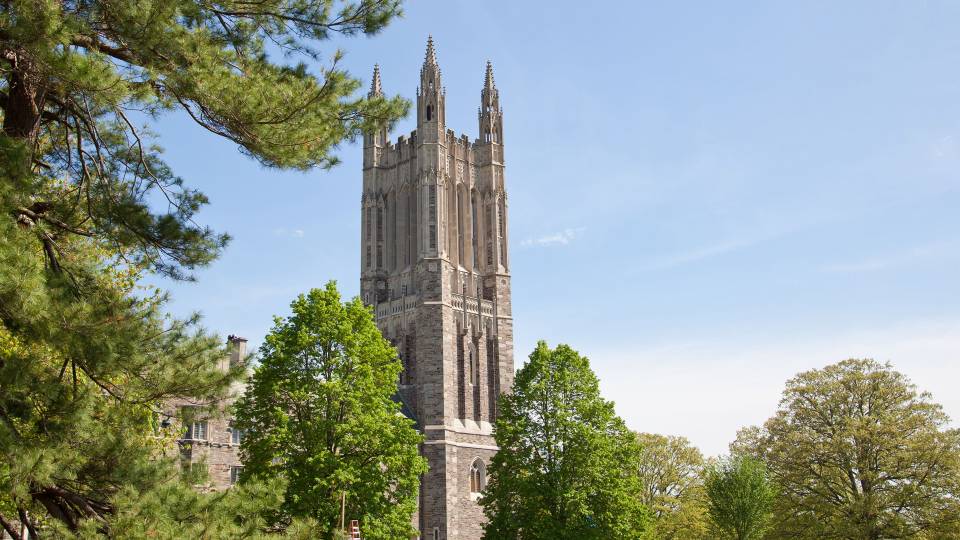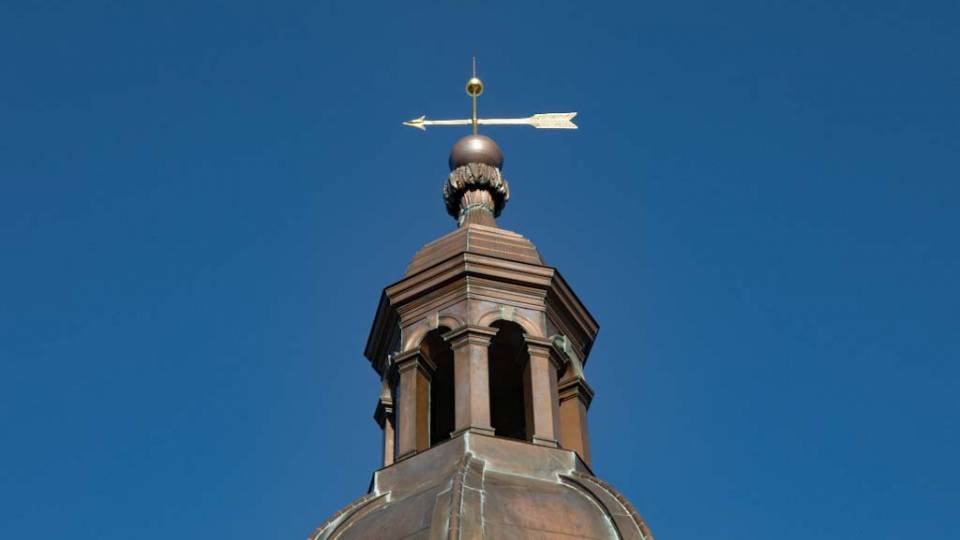Princeton and 30 other colleges and universities filed a friend-of-the-court brief Friday, March 31, supporting a legal challenge to the Trump administration's March 6 revised executive order on immigration.
The universities filed the amicus curiae brief with the U.S. Court of Appeals for the Fourth Circuit. The administration seeks there to overturn a Maryland federal judge's nationwide preliminary injunction against the administration's 90-day ban on travelers from Iran, Libya, Somalia, Sudan, Syria and Yemen.
The March 6 executive order was a second attempt by the administration to bar individuals from some Muslim-majority countries from entering the United States. Princeton filed an amicus brief last month backing the plaintiffs in a federal civil action in which the attorney general of New York and others challenged the administration's Jan. 27 executive order on immigration.
In the filing Friday, the colleges and universities said the latest executive order, like its predecessor, threatens their ability to continue to attract the most talented people from around the globe "and thus to meet their goals of educating tomorrow's leaders." Even though the entry ban is limited to six countries, the brief says, "American universities are already feeling its damaging effects."
The brief notes that more than one million international students were enrolled in U.S. universities during the 2015-16 academic year, including 640 (12.2 percent) of Princeton's undergraduates and 1,168 (42 percent) of its graduate students.
"Amici also benefit from the contributions of international faculty and scholars," the brief says. For example, at Princeton an "astonishing" 30 percent of its 1,152 faculty appointees are international, as are half of Princeton's academic professionals, and visiting faculty and researchers.
"Princeton has more than 50 students and employees from the six affected countries, and its graduate school received approximately 150 applications for fall 2017 alone (and more than 700 applications in the past five years) from students from those nations."
The brief concludes that the universities "take extremely seriously the safety and security of their campuses," but they believe "that safety and security concerns can be addressed in a manner that is consistent with the values America has always stood for, including the free flow of ideas across borders and the welcoming of immigrants to our universities."
In addition to the amicus briefs, Princeton President Christopher L. Eisgruber and 47 other college presidents and chancellors sent a letter to President Trump on Feb. 2 asking him to rectify or rescind the first executive order. Eisgruber also issued a statement to the University community on the executive order two days after the order was issued.
When the second order was issued, Princeton expressed its agreement with a March 6 statement issued by the president of the Association of American Universities and said that while it appreciated "the provisions in the new executive order that exempt current visa and green-card holders and provide for a waiver process," these provisions "do not cure the fundamental problems" with the initial order. The new order, it said, still "unfairly targets [six] predominantly Muslin countries in a manner inconsistent with America’s best principles and greatest traditions" and still will "prevent talented, law-abiding students and scholars from the affected regions from reaching our campuses."
Joining Princeton in the new amicus brief are Boston University, Brandeis University, Brown University, Bucknell University, Carnegie Mellon University, Case Western Reserve University, Columbia University, Cornell University, Dartmouth College, Duke University, Emory University, George Washington University, Georgetown University, Harvard University, Johns Hopkins University, Massachusetts Institute of Technology, Middlebury College, Northeastern University, Northwestern University, Rice University, Stanford University, Tufts University, University of Chicago, University of Michigan, University of Pennsylvania, University of Southern California, Vanderbilt University, Washington University, Worcester Polytechnic Institute and Yale University.


